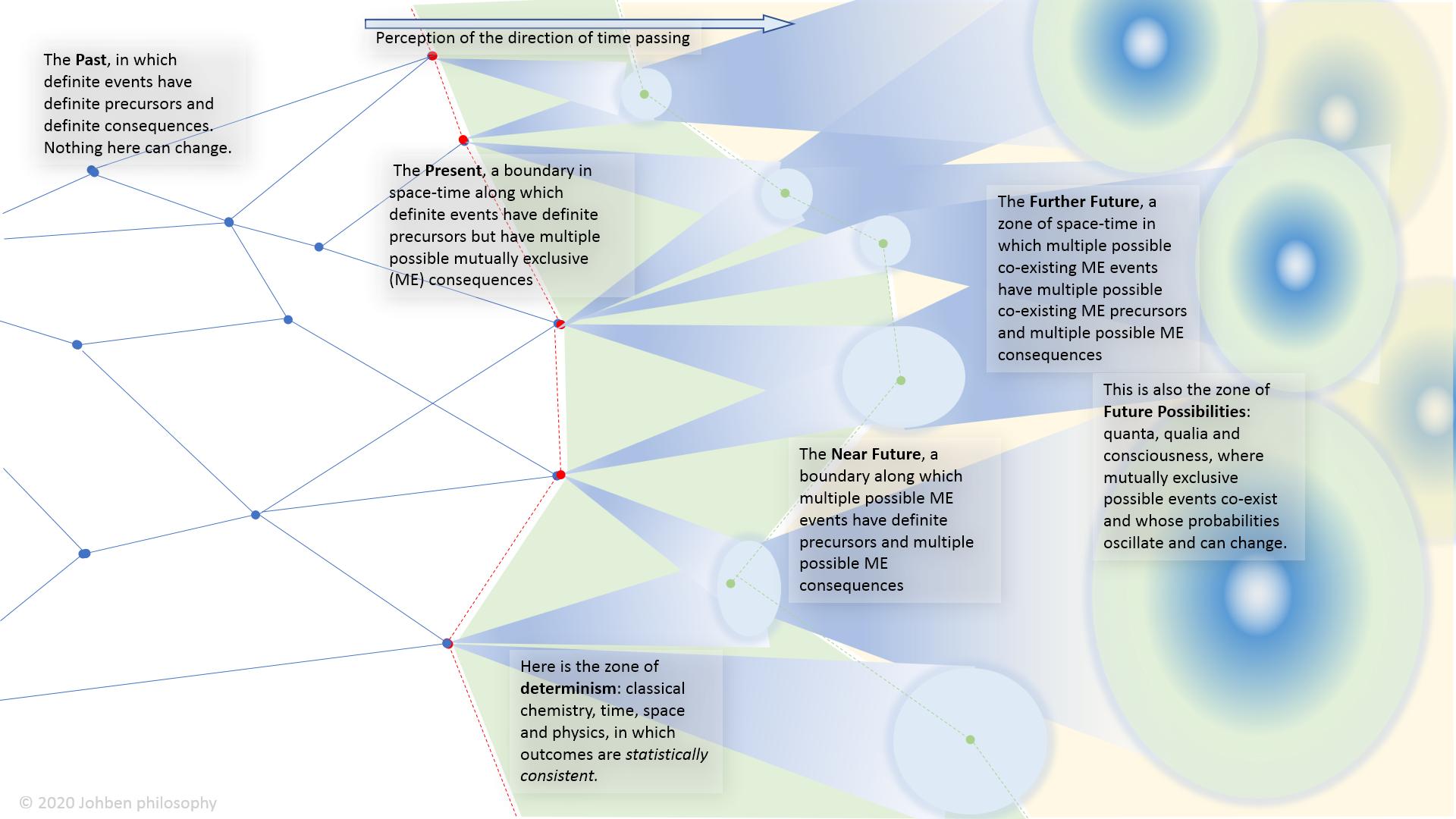We can start with an interesting thought experiment: Suppose an alien who has no human attributes and does not know its form of existence comes to Earth, what is human behavior in its eyes?
He will see that most of the material on Earth is ordinary, but there is a portion of it that is a combination of particles with specific shapes. Before they move as a consortium, there are some radio waves within them that engage in high-frequency activity, and sometimes when they are stationary, these radio waves are still active at high frequencies.
So, if this alien had a concept of causality, he would conclude that unless these radio waves enter a low-frequency state (sleep time from a human perspective) during a regular period of time as these particles combine into a stationary state, then the radio waves within these particles will continue to be active at high frequencies. Although this alien may not understand what thinking and reason are, in his view: the radio waves of these particle associations are closely related to their activities, and the frequency of these radio waves will largely determine the trajectory of their movements.
Therefore, when we switch back to the perspective of human rationality to consider our will and actions, we can conclude that the so-called free will has no effect on the particles that make up our body. So at the micro particle level, free will does not exist. No matter how we choose and act, the motion laws and trajectories of microscopic particles remain unchanged. However, as a macroscopic particle consortium, our behavior is truly influenced by our brainwave activity.
You can certainly consider these brainwave activities as a necessary step for particles to engage in collective movement, but at this point, particle movement has two levels: macroscopic collective movement and microscopic independent movement.
I agree with K0pernikus's viewpoint that "experience is a thinking experiment", and all thinking is a virtual experiment. It is precisely because we have learned hypotheses that we have avoided many dangerous events and discovered many additional possibilities in this world of inevitability. However, due to the limitations of rationality, our thinking may not necessarily be entirely positive. We are likely to encounter unnecessary dangers or miss out on opportunities that originally belonged to us due to incorrect thinking.
So, the selection and movement trajectory of a person (or a particle consortium) do not always conform to objective laws, which indicates that as a rational manifestation - the activity of brainwaves - has its spontaneity and plasticity. If it is objectively defined, innate, and unsheatable, then its activity results should fully conform to objective laws.
The above viewpoint is not entirely my original, but rather my reflection extended through studying Kant's philosophy: the reason why human freedom is established is because we have the concept of "should", but what is right and what is not? The answer is unknown and unknowable. However, it is precisely because "should" is unknown and unknowable that talent is able to break free from the constraints of regulations and inevitability.
In summary, my conclusion is that human free will can be compatible with this inevitable physical world, but the prerequisite is that we need to consider this issue from both macro and micro levels.
Furthermore, I would like to refute the viewpoint proposed by k0pernikus from the perspective of causality: humans only have freedom of action, but no free will.
I admit that what everyone wants is determined by causality, as k0pernikus said in his response, "I drank lemon water yesterday, so I didn't drink it today." or "Yesterday's tea was too bitter, I wanted to drink something sweet."
But I don't think this is involuntary and predetermined, because only when we know all the antecedents can we determine the consequences, but events in the entire universe, including human behavior, are the result of the Big Bang. So what are the antecedents of the Big Bang? In other words, what is the primary cause of the universe?
So, no one can fully grasp all the antecedents in the universe, even in theory, because the universe is infinite.
Therefore, we can say that everything in the universe is predetermined due to the existence of causal relationships. But it can also be said that it is precisely because the first cause is unknowable that all events in the entire universe are random, including our human decisions and behaviors.
But we can still determine the authenticity of our free will through our own feelings. The reason is that if we cannot fully grasp the entire causal chain, we can only judge the current facts based on our own feelings.
I would like to emphasize again that it is not that we intentionally ignore causal relationships and use subjective feelings to judge consequences, but rather that when the cause is incomplete, subjective feelings become the most trustworthy thing for us. It can even be extreme to say that any detailed calculation results must be accepted by our subjective feelings in order to become knowledge - they can become your knowledge, but they cannot become my knowledge until my subjective feelings are accepted.
And our subjective feelings and facts when making certain decisions are very clear: I drank lemon water yesterday, so today I chose to drink tea. Of course, there are also times when decisions cannot be made, such as when my leg is pressed down by a giant rock and I want to move but cannot. But this just means that my will has not been realized, does not mean that my will has not been activated, or that it is not free.

